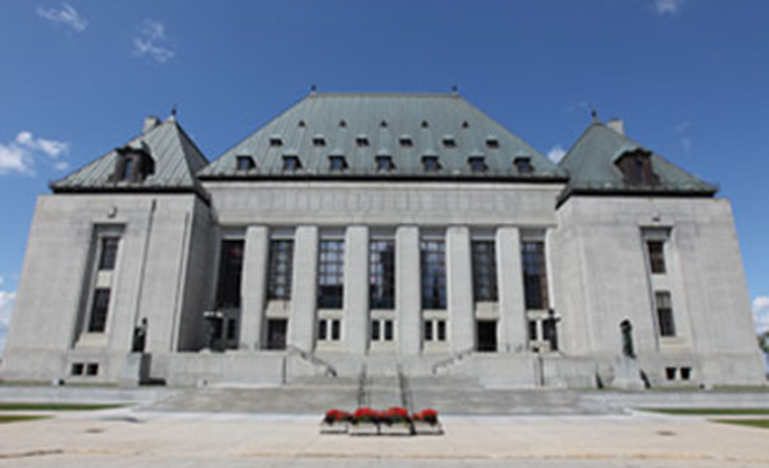The Rasouli life-support case
Breaking down the SCC ruling in Cuthbertson V. Rasouli.

In a 5-2 decision, the Supreme Court of Canada ruled in Cuthbertson v. Rasouli that doctors cannot unilaterally withdraw life support that does not provide any medical benefit to a patient, without the consent of a designated representative. National asked Daphne Jarvis, a partner and health law at Borden Ladner Gervais LLP to explain the ruling.
National: What did the SCC have to decide?
Daphne Jarvis: Whether consent is required to withdraw life support even where it was no longer felt to be medically indicated, i.e., where the physician believed it could not be said to be “treatment” any longer.
N: Has the Supreme Court managed to bring clarity to end-of-life rights in Canada?
DJ: The Court has brought clarity as to the legal process to be followed in those rare cases where it has not been possible to achieve consensus between the health care team and the patient’s substitute decision-makers as to whether or not life support should be withdrawn. As to what that process leads to, those outcomes will be determined on a case-by-case basis. The Court has not said that there is a “right” to treatment at the end of life.
N: Is Ontario’s Consent and Capacity Board the right entity to give guidance on end-of-life disagreements?
DJ: This Board has dealt with similar issues many times, although it’s true that the vast majority of their work pertains to mental health issues, not critical care medicine. My personal view is that the decisions the Board has made in these situations nevertheless have been correct most of the time, and the courts have agreed. They are very much guided by the medical evidence put before them, as they should be. The process itself is not ideal but likely no legal process is in such complex situations. In particular, the delays can be very frustrating. I would not recommend that anyone involved in a CCB hearing do so without the support of legal counsel. I would recommend that the province give some thought to supplementing the CCB with members with medical expertise beyond psychiatry. At the present time, these cases are heard by a panel of 3 members – a lawyer, a community member, and a psychiatrist.
N: Can rulings by the Consent and Capacity Board be appealed to the courts?
DJ: Yes, to a single judge of the Superior Court (ie, a trial judge). The court tries to expedite these appeals, but as you know, our court system is very busy and this where often delays are encountered.
N: Is there anything that has surprised you in the decision?
DJ: No, not really. I expected that the court would not be unanimous, as indeed was the case, as there was so much merit to both sides of the argument.


